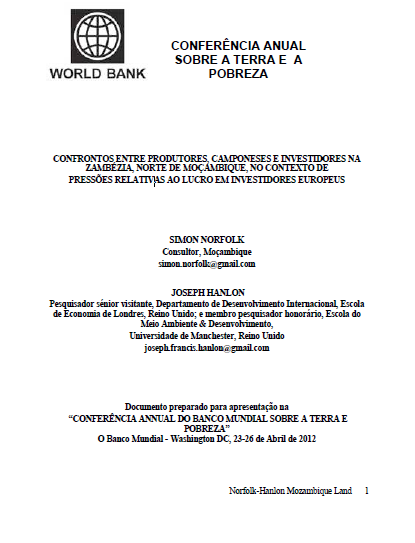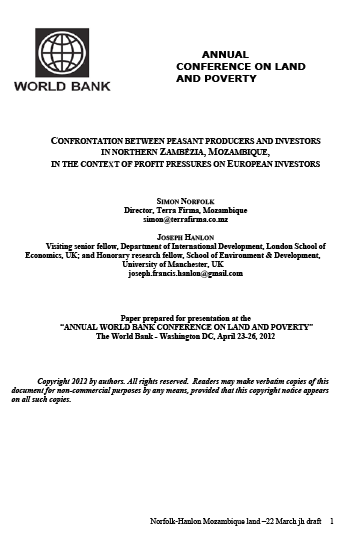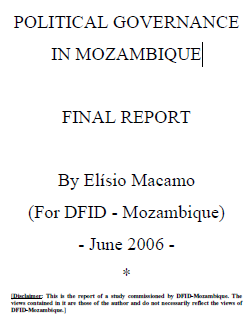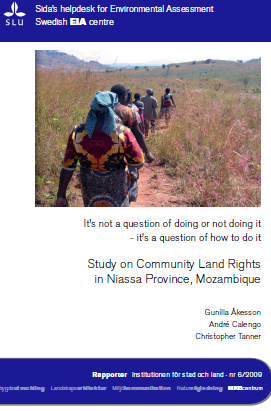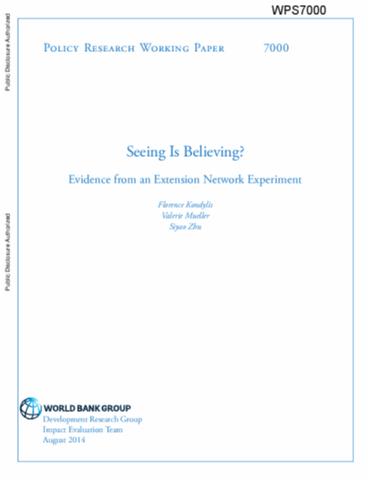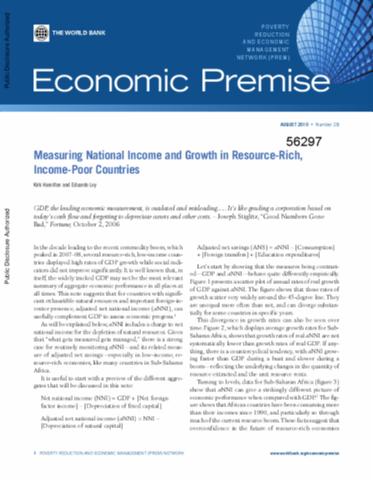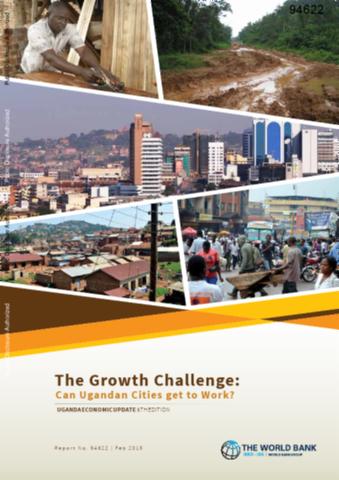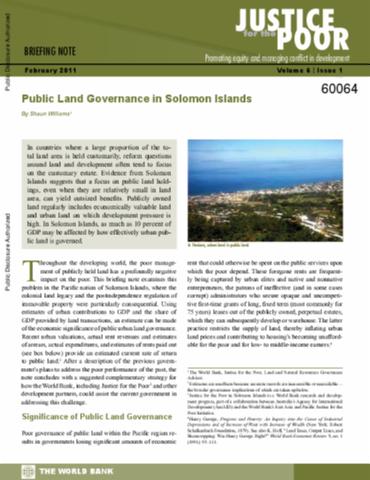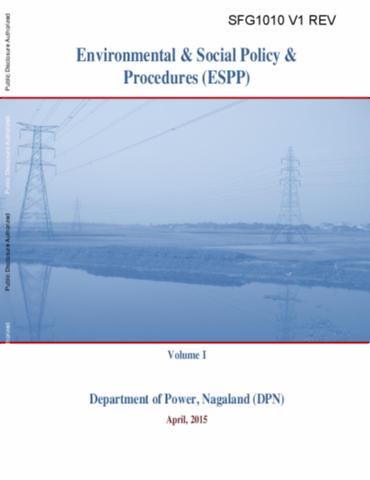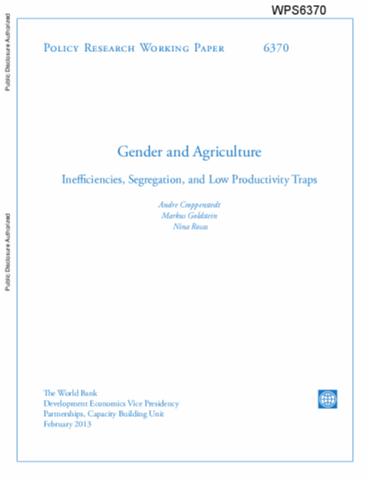Socio-Economic Effects of Chinese Agricultural Investments on the Environment and Local Livelihoods in Uganda
The nature and significance of China's engagements with African agriculture continues to be hotly debated in the media, academia and policy circles around the world. Although China has been engaged in Uganda’s agriculture for more than 40 years, the recent jostle for agricultural land by private Chinese investors is dystifying and justifies the need to conduct a scientific study to provide clear evidence before the issue gets bundled into the messy anecdotal media inquiry.


